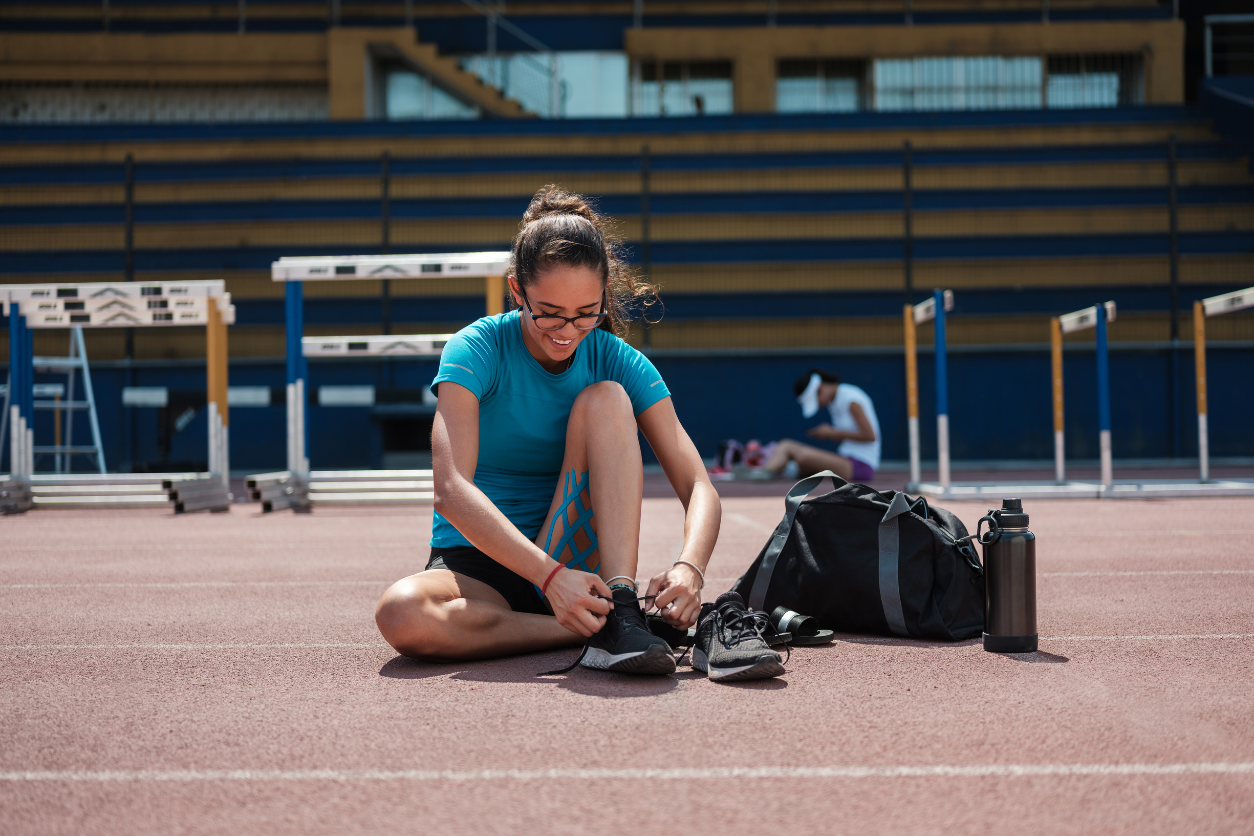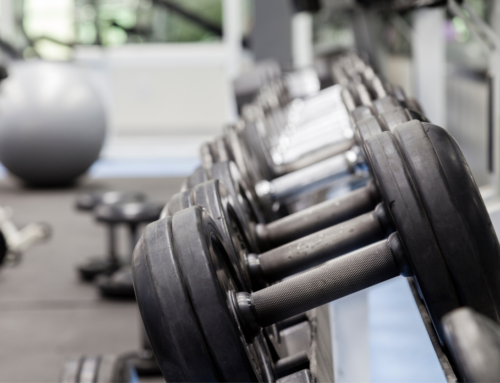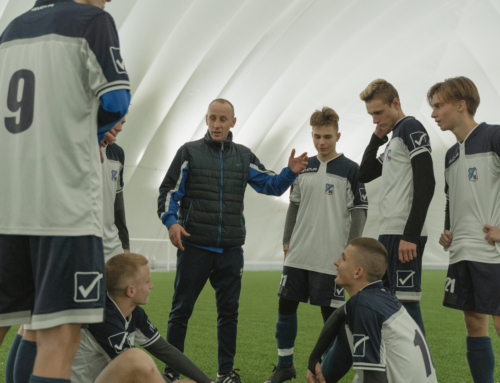Congrats! You are continuing your athletic career at a higher level. That is something that takes dedication, sacrifice, and hard work. And while this is a time to celebrate, the few months you have between high school graduation and when college starts are all you have to prepare for the big leap to the next level.
Here’s what to expect when you step onto the college stage and some tips for how to get ready.
What To Expect
Higher Level of Play
The biggest difference between high school and college athletics is the level of play. You will be surrounded by bigger, faster, more skilled, and more developed players from day one. On top of that, the races may be longer, or the courts may be bigger. The difficulty level feels like it’s been cranked up to one thousand. While you will eventually adjust and catch up to your teammates, it’s going to take some work to get on the same level.
Higher Level of Fitness
One of the reasons the level of play is so different is because of the fitness level. In college,, there are mandatory off-season training schedules, fitness tests, and heavy lifting regimens. Athletes that have been in the program know the expectations and what it takes to get in shape. If you’re coming from a high school program that didn’t lift or didn’t have cutthroat fitness testing, this may be a shock to the system as you try to catch up.
More Time Devoted to the Game
College athletics demand time from your schedule in unparalleled ways. Expect to spend at least 3-6 hours a day at practice or in the training facilities. Expect to have limited vacations. Expect to miss large chunks of class for traveling to competitions. If you don’t have good time management skills from the very beginning, it is easy to fall behind and find yourself unable to catch up.
High Stakes Consequences
If you are a scholarship athlete, your choices can have very large consequences on your financial situation. Underage drinking, drugs and partying can seriously impact your ability to play the sport and attend college.
Little Fish in a Big Pond
This is especially true if you’re coming from a small high school. Typically you will be going from a successful high school athlete who is well known in the community to just one of a few thousand other freshmen on campus. It can be jarring to feel so out of place and alone when you were a well-known part of your community only a few months ago.
Different Coaching Styles
Your new coach will probably be completely different from your high school coach. Maybe you have a coach who yells, or that has way higher expectations. Perhaps you have an unorganized coach. Whatever the case, you’re going to have to learn how to communicate effectively with an entirely new coaching staff. And on top of that, you might also have to adjust to a new playing style and playbook. It can get very overwhelming, very quickly.
Tips for A Smooth Transition:
Get in Shape During Summer
Since you already know you’ll be playing catch-up once you’re on campus, make sure you’re in the best shape possible going into the season. Follow any and all pre-season workout schedules. Make sure you can hit the goals the coaches set for fitness tests. And put in any extra work you can. This will not only ensure that you’re not dying the first day of practice, but it will also endear you to the coach for being prepared.
Stay on Top of School Work
Your schedule will be jam-packed, and you’re going to be missing out on precious class time. To make sure you stay on top of school and sports, I advise investing in a planner. Or at least having a really good Google Calendar system in place. Write in all your deadlines, and stay on top of all of your classwork. Go to office hours and study hall if you are struggling with a certain class. And when you need to miss class for games, go in a talk to your professors ahead of time to make sure you stay on top of any assignments or tests that may be coming up.
Prioritize Recovery
With the jump to college sports, you’re suddenly putting a lot more stress on your body. For this reason,, it is vital to make sure you add recovery and injury prevention to your already very long to-do list. A strong recovery program (like stretching, icing, a healthy diet, and enough sleep) can help you perform better, as well as help you stay healthy. It’s also a good idea to talk with your trainers about injury prevention exercises to help ensure your body is strong enough to make it through the season.
Use All Your Resources
Colleges have a wealth of resources, particularly for incoming freshmen. Use them. There is undoubtedly a resource available to you for almost any issue that may crop up during your transition to college sports—struggling in a class? There are tutors and office hours. Struggling with your mental health? Colleges often offer free counseling sessions. Not sure what course to take? An academic advisor is waiting to help. Unsure about how to choose a major and a career? There is a career development center. But so often, students don’t make use of the wealth of resources available. No matter what you may be struggling with, don’t be afraid to reach out to a coach or teammate who can point you in the right direction.
Set Boundaries
College is great because you get to leave home, be independent, meet a ton of new people and make your own choices. As a college athlete though, you don’t have as much freedom as the rest of the student body. To ensure your social life doesn’t get to you, don’t hesitate to set boundaries around your social activities. You can have fun and meet new people, but know what you need to do to succeed in your sport set your limits accordingly.
The transition to college sports is a challenge. But if you love your sport and are excited to play at the next level, the challenge will be rewarding as you become a better player and person.
Original article posted on stack.com
Did you enjoy the article ‘Navigating the Transition to College Athletics’? If so, check out more of our articles HERE.



